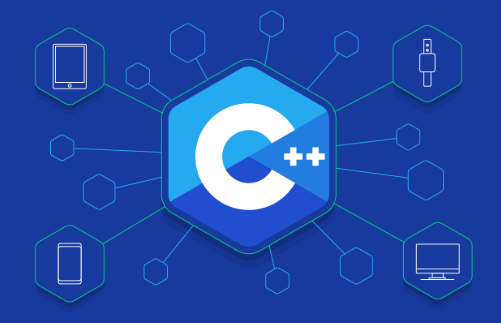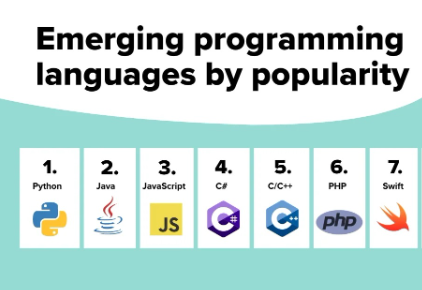
C++ Explained Simply | Should You Still Learn It?
If you’ve been exploring programming languages, you’ve probably come across C++—a powerful language that’s been around for decades. But in a world dominated by Python, JavaScript, and newer languages, you might wonder:
“Is C++ still worth learning in 2025?”
The short answer: Yes, but it depends on your goals.
This blog will explain what C++ is, where it’s used, and whether it’s still relevant today—without all the jargon.
What Is C++?
C++ (pronounced “C plus plus”) is a general-purpose programming language created by Bjarne Stroustrup in the 1980s. It’s an extension of the C language, adding object-oriented programming (OOP) features like classes and inheritance.
It’s known for giving programmers deep control over memory, performance, and system resources.
What Is a Programming Language?
Key Features of C++
- Compiled language: Translates to machine code for high speed.
Related: Compiled vs Interpreted Languages - Object-oriented: Encourages modular and reusable code.
- Low-level access: You can interact directly with memory and hardware.
See: Low-Level vs High-Level Languages - Fast and efficient: Ideal for performance-critical applications.
- Portable: Runs on multiple platforms with minimal changes.
What Is C++ Used For?
Despite its age, C++ is still everywhere behind the scenes—especially in performance-sensitive applications. Here are the top use cases:
1. Game Development
C++ is the go-to language for building high-performance 2D and 3D games.
- Used in engines like Unreal Engine, CryEngine, and Godot
- Allows for smooth rendering, physics calculations, and memory management
- Popular with AAA studios and indie developers alike
Example: Games like Fortnite and Gears of War are powered by C++.
2. System and Operating System Development
C++ is widely used in:
- Operating systems (e.g., parts of Windows, Linux)
- Drivers and firmware
- Embedded systems (e.g., smart TVs, routers)
Why? Because it offers fine-grained control over memory and hardware.
3. High-Performance Applications
Industries that require speed, precision, and reliability use C++ for:
- Finance (trading systems, banking infrastructure)
- Telecommunications
- Scientific computing
- Computer vision and AI frameworks
Use Case: A stock trading app that must execute thousands of operations per second.
4. Software Infrastructure and Tools
C++ is behind many tools and applications you use daily, such as:
- Web browsers like Chrome and Firefox
- Databases like MySQL and MongoDB
- Compilers and IDEs (like LLVM, Visual Studio)
C++ vs Other Languages
| Feature | C++ | Python | JavaScript |
| Speed | Very fast | Slower | Slower |
| Ease of Learning | Complex | Easy | Easy |
| Memory Management | Manual | Automatic | Automatic |
| Used For | Games, systems | AI, scripting | Web apps |
Want to explore JavaScript? Check this beginner guide:
JavaScript for Beginners | What Is It Used For?
Should You Still Learn C++ in 2025?
Yes, if you want to:
- Become a game developer
- Work on operating systems or hardware
- Build high-speed apps like real-time simulations
- Learn how computers really work under the hood
→ See: Low-Level vs High-Level Languages - Pursue competitive programming
Maybe not, if you want to:
- Build simple websites or mobile apps
- Get started quickly without learning complex syntax
- Focus on data science or machine learning (Python is better)
Tip: C++ gives you a deep foundation that helps when learning other languages later.
Learning Resources for C++
Pros and Cons of Learning C++
| Pros | Cons |
| Extremely fast and powerful | Steeper learning curve |
| Used in critical industries | Manual memory management |
| Helps understand computer internals | Verbose and complex syntax |
| Huge legacy codebase | Not ideal for quick prototypes |
Want a beginner-friendly language instead? Try:
Top 5 Programming Languages for Beginners in 2025
Final Thoughts
C++ is a powerful language with a long history and solid relevance in today’s tech landscape. While it may not be the easiest language for beginners, it teaches you skills that no other language can—like memory management, performance tuning, and low-level thinking.
So, should you still learn C++ in 2025?
If you want to go beyond the surface of programming, C++ is a challenge worth taking on.


